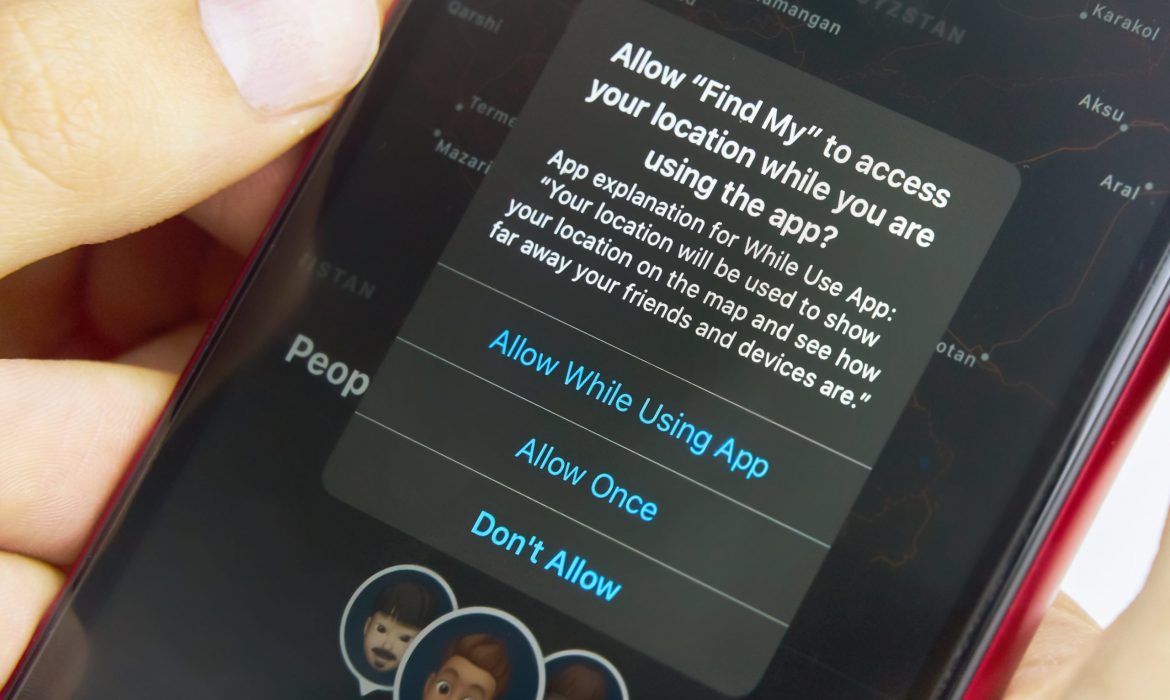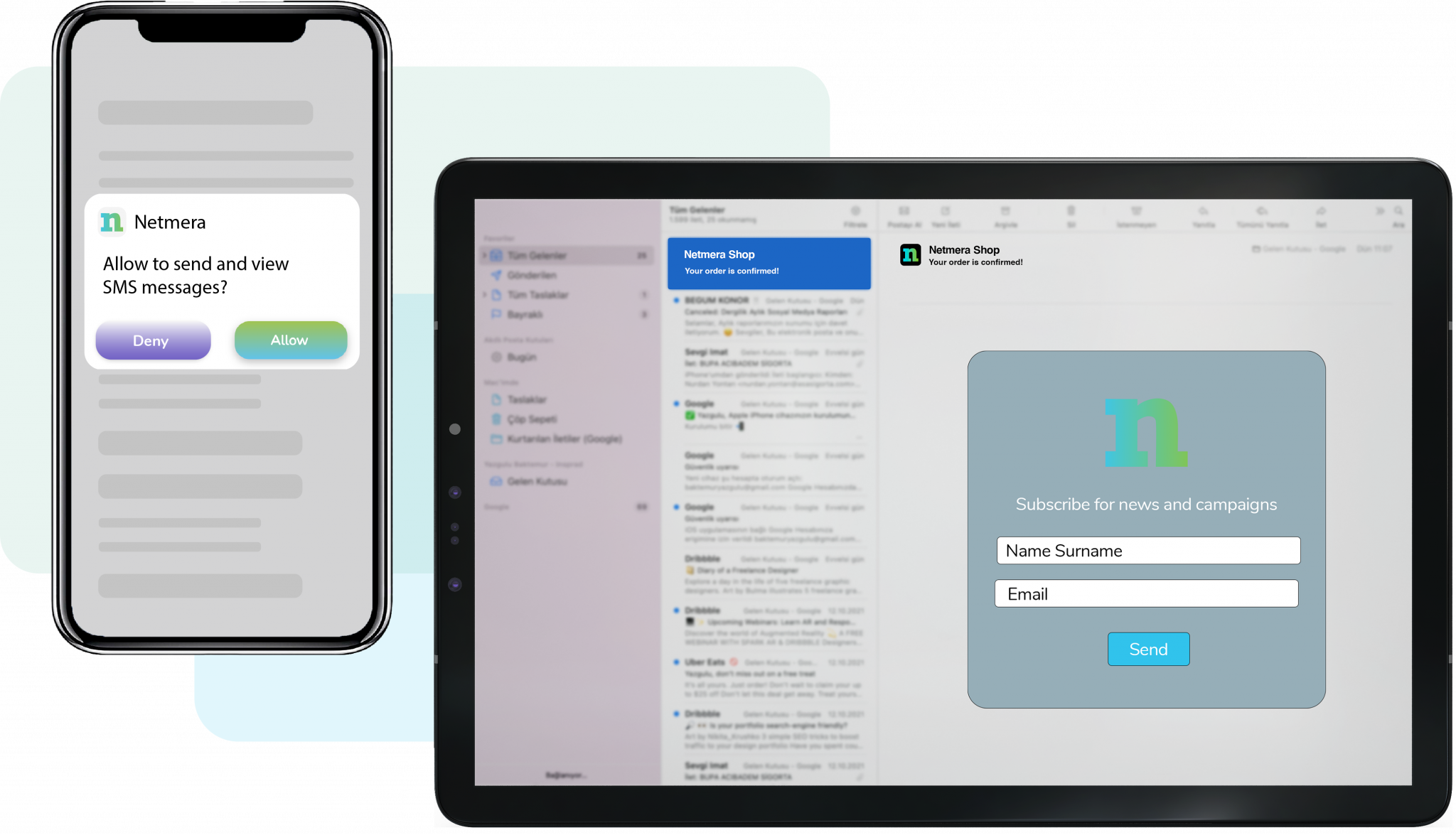
What Is Permission-Based Marketing and How Does It Work?
The marketing in general determines the group to which it will address and determines a selling strategy accordingly. Traditional marketing methods aim to sell products or services to users in a wide range of ways by attracting them. Today, mass marketing methods are gradually fading away with the development of technology and are being replaced by permission marketing, which is a much newer generation marketing method.
With the development of internet and telecommunication methods, users may want to take part in authorized marketing methods. The customer, who shares their phone and email address with the seller, may also share some of their personal information over the internet. Accordingly, advertisements and discounted products suitable for the buyer’s interests are sent to the buyer via various channels, primarily SMS and email.
The basis in permission-based marketing is the bond based on the knowledge to be created between the customer or the seller. While the consumer knows what he/she wants, the marketer can know what this only if the user tells him. In permission marketing, which is a personalized marketing method, the company that offers the products collects information from the person through a questionnaire or form. Although this information is usually via SMS, e-mail is also frequently used in this type of marketing method.
For delivering efficient permission marketing, you should invite enthusiastic customers as well as those who are not yet willing to your permission marketing space. You can do this best by offering opportunities, privileges or gifts to the customer for whom you will receive marketing permission. Thus, while making a positive impact on your brand, you also gain a buyer who can make purchases for the future. Getting the customer in the first place is very important for commercial success. In this way, loyal customers related to your products always add more to your company.

Benefits of Permission-Based Marketing to the Company and the Customer
Permission-based marketing offers great benefits to marketers. Specific buyers can be targeted more accurately, thanks to point-and-shoot marketing instead of a large unknown audience. Thus, more stable and higher sales can be obtained. There is no wasted SMS and mail traffic, so the marketing budget is used more appropriately and effectively.
Since SMS and emails are sent in line with the customer’s request, the customer does not become alienated from subscription and brand use, on the contrary, opportunities and campaigns increase brand loyalty. Permission marketing method, which is important in finding potential customers, provides an opportunity for the customer to reach the seller and evaluate their products.
The benefits of permission-based marketing for the customer are also numerous. Instead of random marketing messages that will distract customers throughout the day, they receive marketing messages that are directly relevant to them. Thus, they will receive information about the products they really want to buy or plan to do so. Thanks to these product messages, which are shaped according to their interests, purchase codes and invitations that will be useful in their purchases.
Customers can choose not to receive information messages about products that they are no longer interested in and that they have applied to unsubscribe from, and they can use the service by turning it on again when they want.
